The College of Arts and Science’s College Scholars Honors Program will be phased out starting next fall. Students currently enrolled will be able to complete the program, but no new applicants will be accepted.
The College Scholars Honors Program has the stated goals of developing students’ critical thinking, creativity, curiosity and communication through taking honors seminars and performing independent research. In a message to The Hustler, an A&S representative explained the relationship between the phasing out of the program and the forthcoming introduction of the new A&S Core Curriculum next fall.
“The academic caliber of the A&S student body is exceptional, and we believe that all A&S students should have access to engaging, innovative courses of which the honors seminars are emblematic,” the A&S representative said. “The new A&S Core Curriculum, which will launch in Fall 2025, will include many of these types of courses and will be available to all students in the college, not just a fraction of them, providing a broad, deep and integrated educational experience.”
The representative also noted that the Cornelius Vanderbilt Scholarship will continue to be awarded. This reasoning was echoed in meeting minutes from a faculty meeting on Aug. 27.
“Given that the program was inherently exclusionary, that it took a lot of time and labor to implement and that it served no function in helping recruit students, Dean [Timothy] McNamara has decided to phase it out,” the minutes read. “The Dean’s Office is considering other activities to involve Cornelius Vanderbilt Scholarship recipients instead.”
Junior Katerina Krizner, one of the co-presidents of the College Scholars Council, said she was not aware of the decision to phase out the program until recently. According to Krizner, the program is student-led with direction from administration with the College of Arts and Science.
“I think everyone’s really outraged. Even though we’ll get to experience the program, it’s such an important part of our college experience, and we think there’s a lot of potential,” Krizner said. “We haven’t heard any good reasons yet as to why they should be getting rid of it.”
Krizner called the decision to phase out the program a “huge mistake,” expressing appreciation for the research opportunities, connections with other students and small seminar classes that she has experienced during her time in the program.
“If the issue is a lack of inclusion and not giving enough people the chance to be involved in the program, I think that’s a very valid concern,” Krizner said. “I would like to propose that we should expand the application period. I think it’s a great program that should be expanded rather than gotten rid of entirely.”
Krizner said she and other members of the College Scholars program are writing a petition to continue the program, even if changes are made to its current organization. She said she hopes that if the program is phased out entirely, it may be able to be restarted in the future. According to Krizner, the petition will contain personal testimonials from current and past students in the program with the goal of creating a document to honor its existence.
“Our goal is to really try, at least, to make them [administration] aware, as they’re making this decision, of how beloved the program is by the students who are currently in it, of the alumni of the program and professors who have engaged with it,” Krizner said. “There is a lot of potential for growth and change within the program, even if it’s not in its current iteration.”
Professor of biomedical engineering, molecular physiology & biophysics and physics John Wikswo — who made the first motion to form the College Scholars program in 1983 — said he proposed the program with the aim of challenging students that have high school experience that allows them to place out of introductory A&S classes.
“Historically, at Vanderbilt, fraternities and sororities were really the only communities that could be created,” Wikswo said. “My hope for the College Scholars program was that it would become a community.”
Senior Amanda Maeglin, a member of the College Scholars Council on the research committee, is majoring in physics, English and communication of science and technology. She commented on the community she found in the program and said she faces skepticism from other students about her combination of majors but has never faced that skepticism from other College Scholars.
“People [in the program] are not only understanding of my multifaceted interests, but they understand the importance of all my studies to me,” Maeglin said in a message to The Hustler. “In College Scholars, I never get told I will have to pick one interest or focus on one of my studies. In fact, I am encouraged to expand and explore, and I know my educational experience is all the better for it.”
Wikswo said he was not consulted in the decision to phase out the program, and he proposed a motion in an Oct. 8 faculty meeting to examine the dean’s decision, but this motion was voted against by a majority of faculty at the meeting. He said he did not know that the College Scholars program was “at risk,” citing the program’s survival through the transition to AXLE.
“There are some students that I’ve talked to who are concerned that if they can’t get the seminar they need, in the area they need, they may have to delay graduation,” Wikswo said. “I don’t know the extent to how flexible they’re [the administration] going to be [about graduation requirements]. I was looking forward to teaching the seminar I’m currently teaching again.”
Wikswo also addressed the claims regarding the exclusionary nature of the program, saying he believes it is in part due to the exclusivity of the university itself. He cited his work with SyBURRE, emphasizing his belief in creating communities on campus for scholars to connect with one another.
“What you really need to do is make the environment rich enough that everybody gets to do something special,” Wikswo said. “It’s unfortunate that Vanderbilt is either unable or unwilling to create [other] special things. George Graham and the other leaders of the College Scholars program created something special that left a very good impression on a lot of students.”
Maeglin also emphasized that the selectivity of the program was not its most important facet.
“I think the value of the program lies in the community it builds and the support it offers. I have not only been accepted but encouraged for academic ambitions that have been looked down upon by others,” Maeglin said. “It saddens me to know that future Vanderbilt students will not have the opportunity to share these experiences.”
First-year Manish Kota said he is “disappointed” with the university’s decision to end the program given that his acceptance to the program was a major factor in his choice to attend Vanderbilt. He said the university wasn’t transparent when they accepted him into the honors program as they did not mention the ongoing discussion of the program’s termination.
“Discussions with many of the freshmen College Scholars have led me to realize that many of us would not have attended Vanderbilt if not promised admission to the honors college,” Kota said. “It was the sweet attraction of the honors program and everything it entails, from community to seminars to graduating with honors, that convinced us to commit to Vanderbilt rather than attending a more suitable or opportune university.”
Sophomore Nicole Miller — director of mentorship for the program — said it has been a highlight of her time at Vanderbilt.
“[The program has] provided me with incredible friendships, relationships with professors and the ability to take some of my favorite classes here at Vanderbilt,” Miller said in a message to The Hustler. “The program was definitely one of the factors that made me choose Vanderbilt, so I am incredibly disappointed about the decision to end the program. I believe the program has immense benefits, and ending it so suddenly without factoring student opinion into the decision is sad to see.”

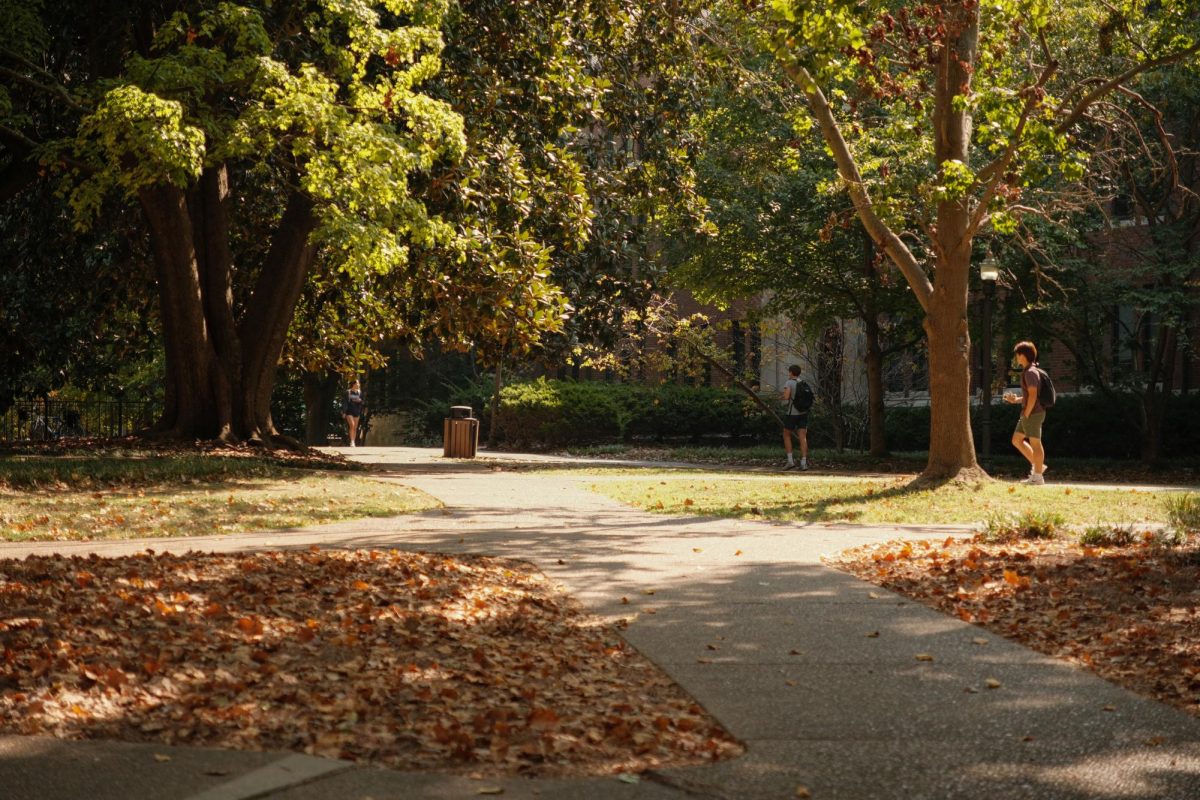


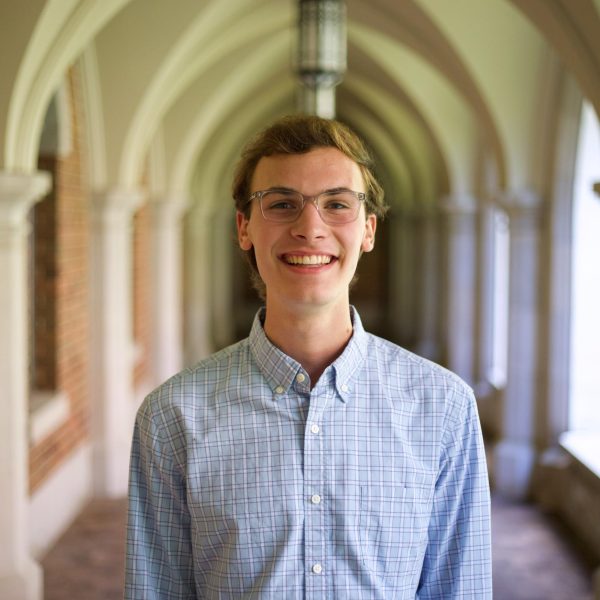
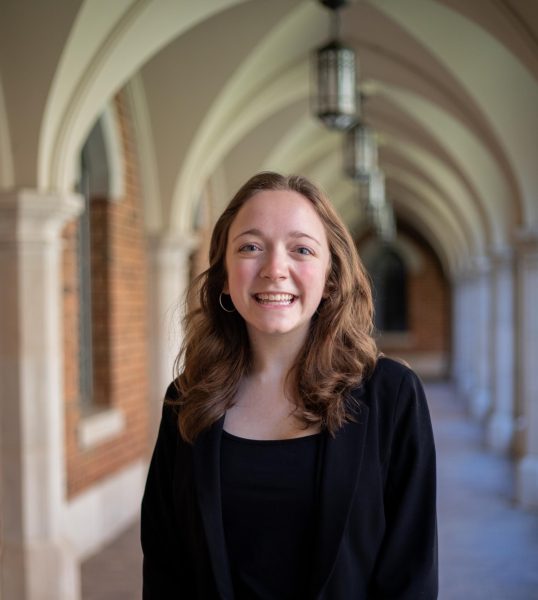
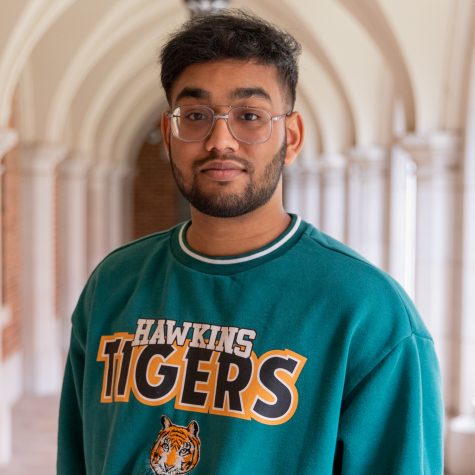
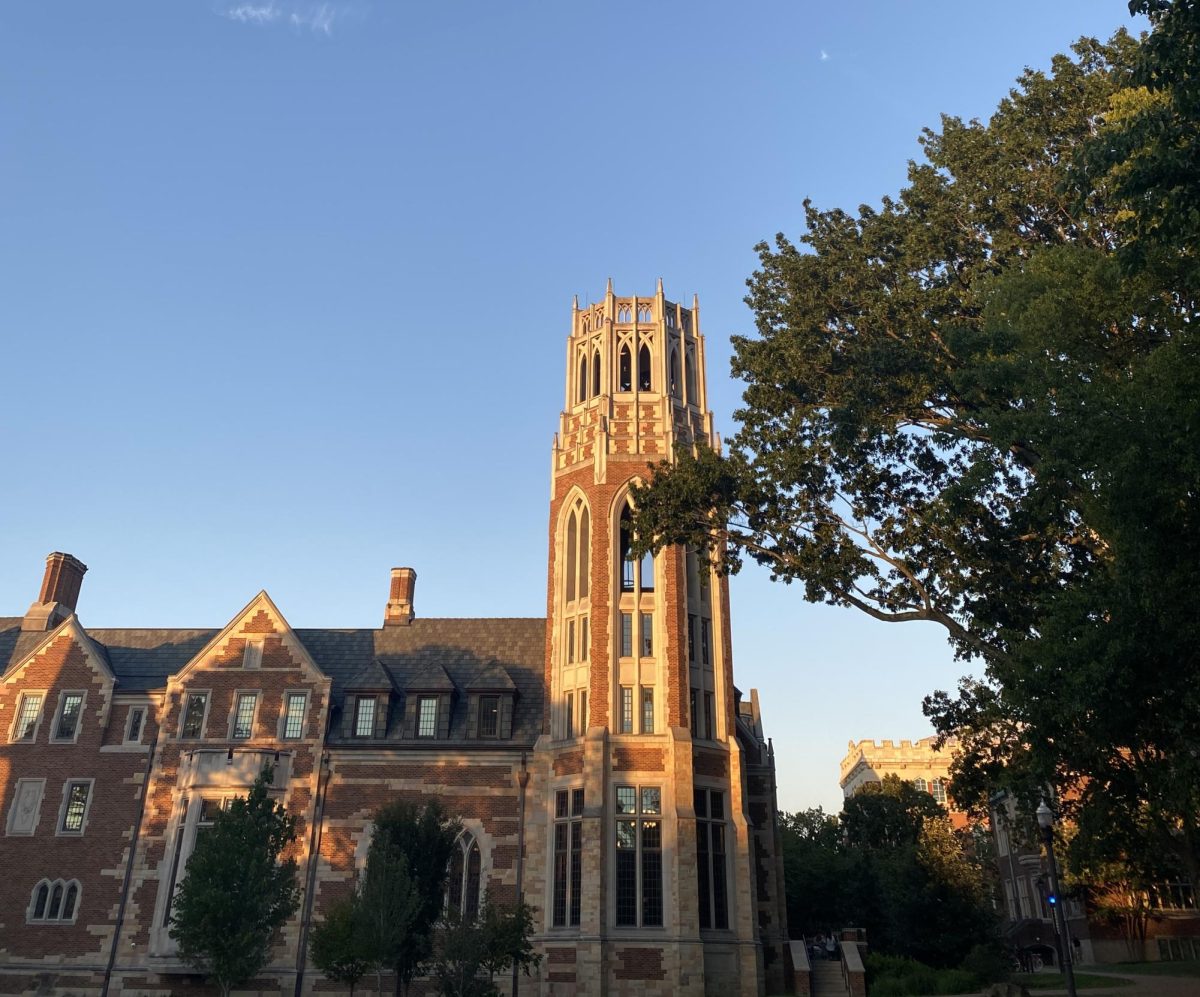

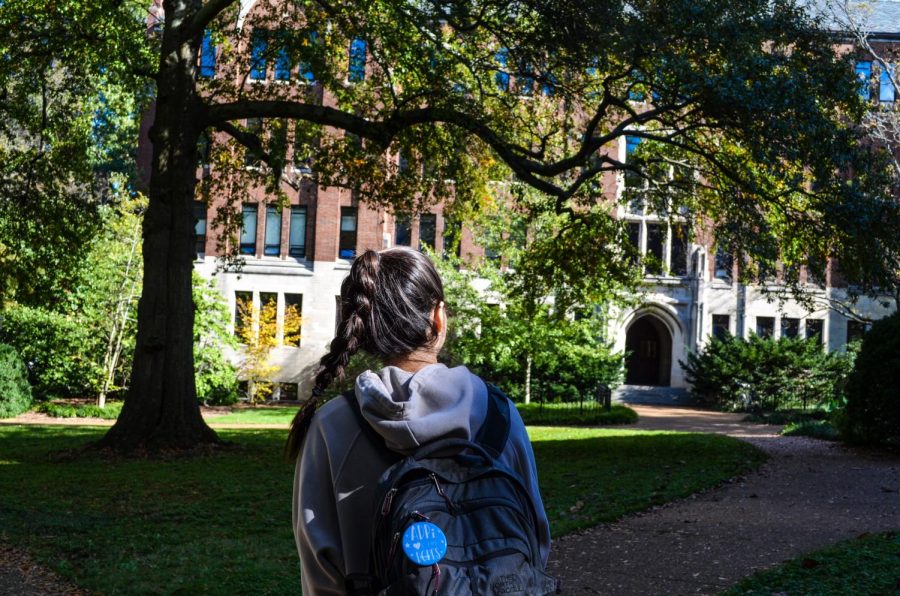
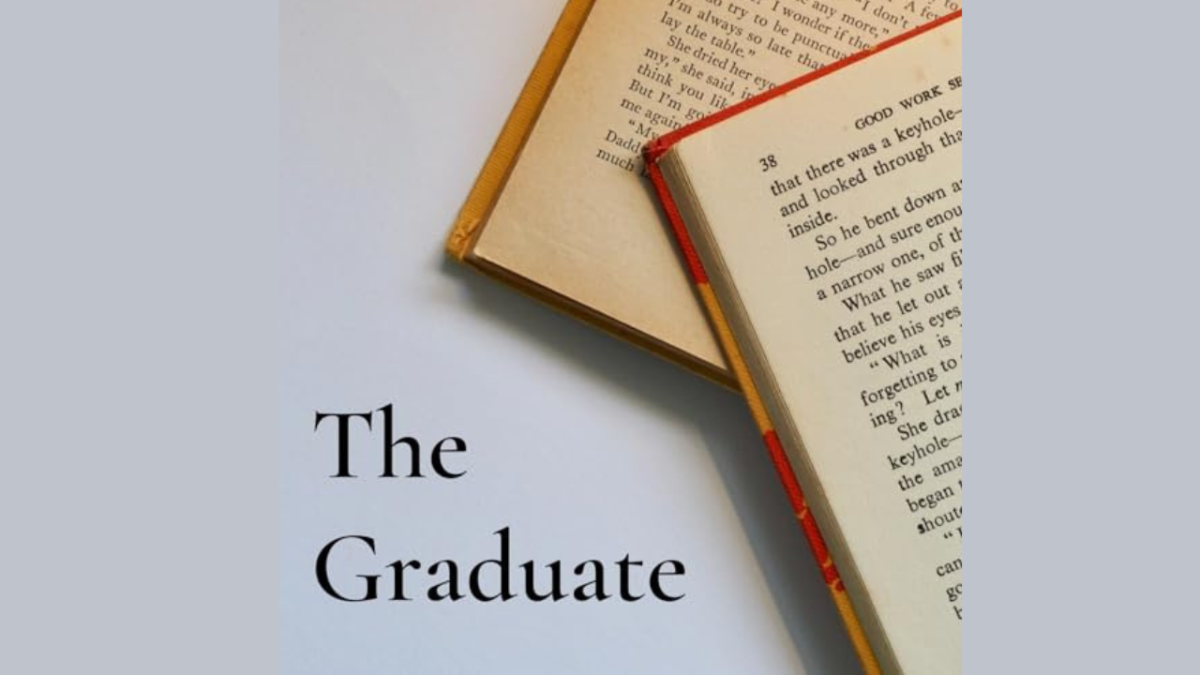
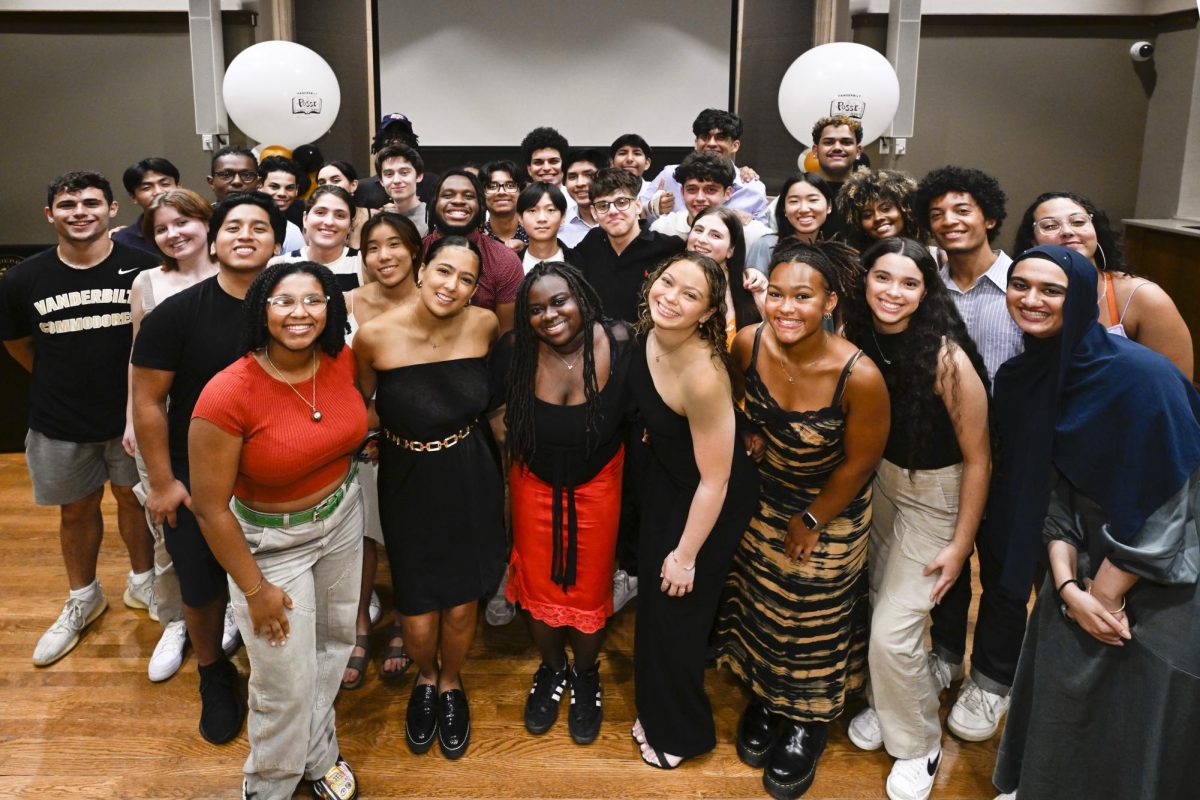

Alum • Nov 14, 2024 at 12:40 pm CST
What a disappointing and stupid decision. The tight knit community that College Scholars offered and the unique honors seminars were a big reason why I chose Vanderbilt when I received a CV scholarship, when I technically had “better ranked” university options.
The quote of “it served no function in helping recruit students” is so frustratingly dismissive of what should matter to a student body. It feels like a slap in the face coming from someone who knew how beloved this program was among the students and faculty involved.
John Wikswo • Nov 11, 2024 at 6:04 pm CST
Alison and Jacob –
Thank you for a well-written and tightly reasoned story. I’m glad that I was able to contribute.
I wonder how it could be concluded that the program “served no function in helping recruit students” when none of the students were interviewed or polled. No mention was made as to whether the program might improve retention!
Keep up the good work!
John
Olivia Quiroga • Nov 11, 2024 at 12:42 pm CST
I am still confused on the reason for phasing out this program. I am about to graduate from the program and I loved it. Very sad to hear this.
Alum • Nov 11, 2024 at 4:31 am CST
Glad to see this change